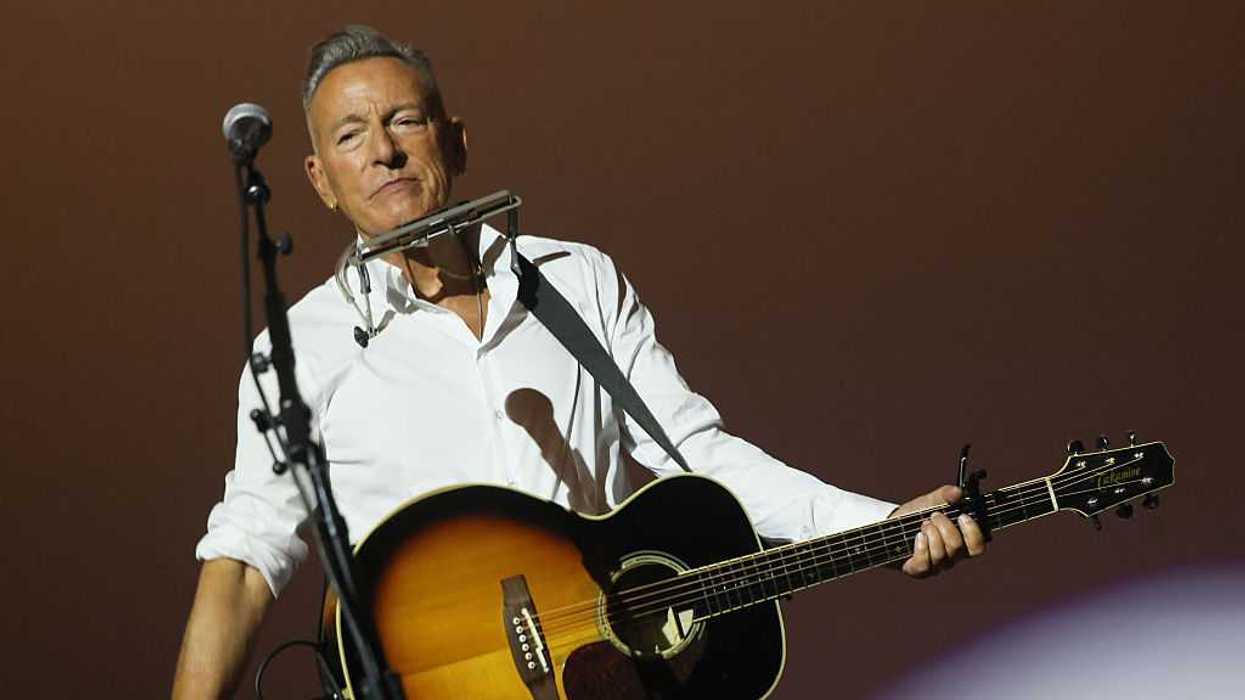Pink Floyd, the English rock band formed in London in 1965, distinguished themselves with sonic experimentation, philosophical lyrics and live shows that thrilled audiences around the world.
They are back in the news today, as 75-year-old guitarist David Gilmore has brought the band together to perform the Ukrainian song “Hey Hey Rise Up” to help raise money to support Ukraine.
“There will be no winners in this war,” the 75-year-old guitarist wrote. “My daughter-in-law is Ukrainian and my grand-daughters want to visit and know their beautiful country. Stop this before it is all destroyed.”
Pink Floyd «Hey Hey Rise Up» с участием Андрея Хлывнюка (2022) Новости Украины
Легендарная рок-группа Pink Floyd выпустила новую песню — «Hey Hey Rise Up» («Эй, эй, вставай») в поддержку украинского народа. В записи использовали вокал у...A Ukrainian citizen listening to the song from Kharkiv said this:
“Right now I'm listening to this song, and outside the window there are air raid alerts and explosions. It is a combination of music and war. Could I have thought as a child when I bought your first CD that this is possible? That a legend like you will play music in support of my country, and I will listen to it and hide from missiles. Of course not. Thank you very much for supporting Ukraine. (Sorry for my bad language, my english is bad)”
Despite their international fame, the members of Pink Floyd cannot win the war – but they can make a difference. A citizen from Finland said this:
“I don’t speak one word of Ukrainian, but I can sing this song. Lave Ukraini we Finns stand with you”
These powerful lyrics from Hey Hey Rise Up resonate for millions around the world:
When the silence isn't quiet
And it feels like it's getting hard to breathe
And I know you feel like dying
But I promise we'll take the world to its feet
And move mountains
Bring it to its feet
And move mountains
And I'll rise up




















